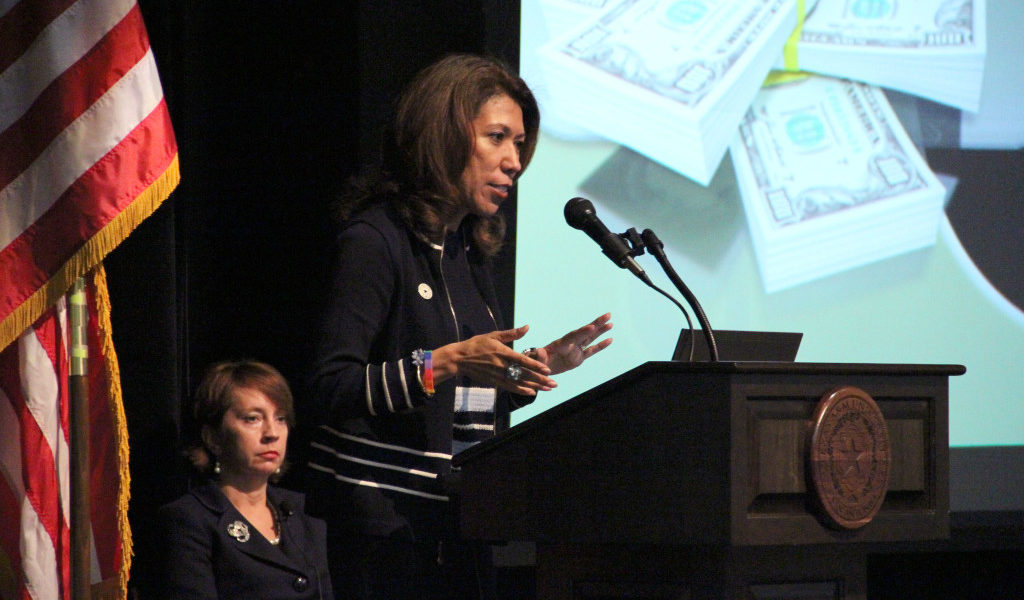University Provost Mike O’Brien hosted a town hall meeting on campus and Zoom on Nov. 22 to address faculty concerns about news of a university budget shortfall of $4 million, expected to affect faculty professional development — though probably not this academic year.
“The No. 1 problem is that it was a surprise; a budget should be anything but a surprise,” Faculty Senate President Joe Simpson said in a Zoom interview Dec.1.
Simpson said after the news of the budget was announced, he pushed for restoring faculty development funds and University President Cynthia Teniente-Matson has approved the funds for the current academic year, but he is skeptical of what to expect in the next academic year.
Simpson said he could not provide specifics other than the deficit is believed to have been impacted by mistakes made in the budget, compounded by state-contracted tax liabilities, enrollment overestimations and relief funding restrictions.
Though the state provided additional funding to universities throughout the pandemic, the funds could not be used on day-to-day expenses like payroll and development, Simpson said. The funds had to go toward direct-student aid and pandemic-related expenses.
“I think if you asked faculty members before this happened, ‘How does professional development figure into the budget?’… they would say it was part of the cost of a faculty member… and that’s the correct answer to that question — but that was not the answer that was being provided,” Simpson said.
Each faculty member is allotted $2,000 each semester, about a third of which goes to their department, and the remainder toward expenses associated with professional development, like conference fees, transportation and IT.
Simpson said it was unclear whether the shortfall would affect other areas of the university, but that meetings are planned to address the issue in greater detail.
The University Resources Commission is planning several meetings this month. A budget presentation for faculty, given by the university’s chief financial officer, Kathy Funk-Baxter, is also expected at the beginning of the new year.
Simpson said there have been calls for a university budget audit, but that senators have not brought a resolution to the table yet, and that an audit appears to have not been done in a number of years. Simpson said he strongly supports an audit.
“There needs to be some accounting of how we got into this as well because people want answers to their questions, and so that will happen over the next semester…which is important because I think there were some long-term structural problems,” Simpson said.
With budget limitations, faculty calls for pay raises and updates to the university learning management system, Blackboard, may take some additional time to address as the university works toward financial solvency, Simpson said.
Plans to commission a faculty pay equity review are on the horizon to address salary inequities, where faculty are being paid below-market rate.
“I think having a deficit, running out of money for a professional development program, general concern about it, addressing it and making sure that everyone feels confident in the budget and confident in the plan going forward, is just as important as giving raises … because if we give everybody raises, but we make the university insolvent, that’s not a good solution…You have to balance those two things,” Simpson said.
Simpson said he is focusing on how to move forward and not casting blame as Faculty Senate president. He expects to be involved in the critical work ahead toward strategic solutions, accountability and repairing the break in communication between faculty and administration.
“We can’t un-spill the milk,” Simpson said. “It may be useful to know who spilled the milk, particularly if they’re gonna spill it again … but you have to clean it up, pour new milk in the glass and set things right.”






